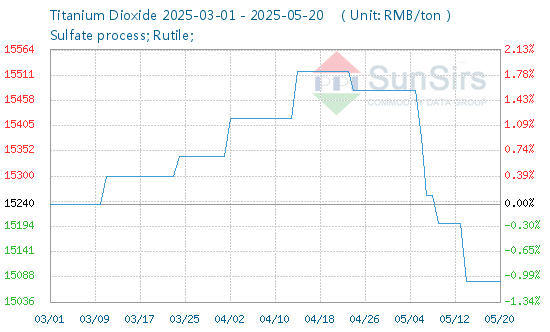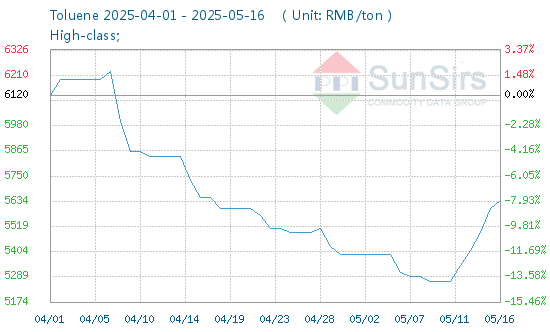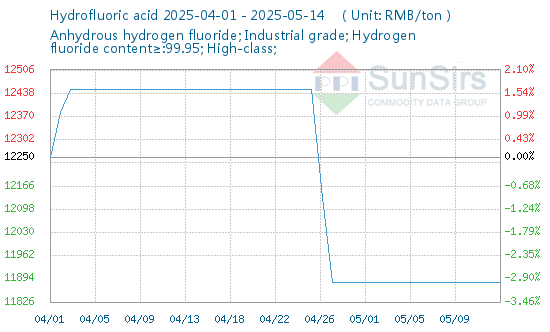
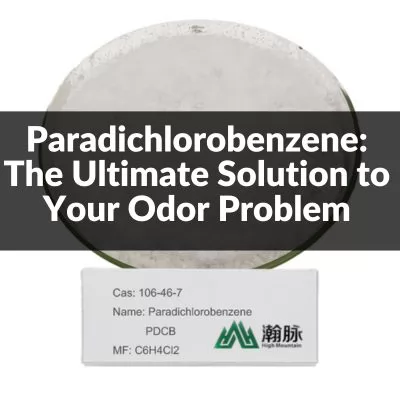
Have you ever smelled a strange odor in your home or workplace but couldn't pinpoint its source? Perhaps the smell comes from paradichlorobenzene, a common organic compound. Para-dichlorobenzene has a strong odor, and even trace amounts can leave a distinct imprint in the air. However, in addition to causing discomfort, paradichlorobenzene may also pose potential health risks. In this guide, we’ll explore the root causes of paradichlorobenzene odor problems and provide you with a series of solutions to help you get rid of the odor problem for good and keep you and your family safe.
Table of contents
1.Odor characteristics and sources of paradichlorobenzene
2.Effects of the odor of paradichlorobenzene on health
3.How to solve the problem of paradichlorobenzene odor
4.Practical tips and methods for treating paradichlorobenzene odor
5.Preventive measures in daily life
6. Introduction to p-dichlorobenzene produced in Gaoshan
Para-dichlorobenzene, chemical formula C6H4Cl2, is an organic compound and a dichloro derivative of the benzene ring. Two hydrogen atoms in its molecule are replaced by chlorine atoms, giving it unique physical and chemical properties and a strong odor.
The odor emitted by paradichlorobenzene is often described as pungent, volatile, and persistent. Even at room temperature, it can be released through sublimation, allowing its scent to quickly diffuse in the environment. This makes it easy for people to detect the presence of paradichlorobenzene when exposed to it, and even trace amounts can produce a strong odor.
Paradichlorobenzene is widely used in daily life. Common application scenarios include:
Mothballs are a product used to control mold and moths. They often contain paradichlorobenzene. Its strong smell helps repel pests and keep the environment clean.
Paradichlorobenzene is often used as an ingredient in cleaners and disinfectants, and its strong odor is considered to be a symbol of cleaning effectiveness.
Paradichlorobenzene is also commonly used as an additive in perfumes, deodorants and other personal care products to increase the longevity of the product's scent.
In the manufacturing process of building materials, p-dichlorobenzene can be used as a solvent, additive, etc. to enhance product performance or reduce production costs.
In addition, p-dichlorobenzene is also widely used in other fields in industrial production, such as pesticides, dyes, plastics, etc., and its application range covers many different industries and fields. Therefore, people have many opportunities to be exposed to paradichlorobenzene in their daily lives, which also makes the odor issue of paradichlorobenzene a topic of great concern.
The strong odor emitted by paradichlorobenzene may have negative effects on human health, especially with prolonged exposure. Although there is currently insufficient evidence to show that paradichlorobenzene is directly carcinogenic, its effects on the respiratory system and skin have been recognized to a certain extent.
Although the carcinogenicity of paradichlorobenzene has not been fully proven, exposure to its odor should be minimized to protect personal health. Especially in confined spaces and poorly ventilated environments, special care should be taken to avoid prolonged exposure to the smell of paradichlorobenzene. If you experience uncomfortable symptoms related to the odor of paradichlorobenzene, you should leave the environment as soon as possible and seek help from your doctor.
Regarding the odor problem of paradichlorobenzene, a variety of methods can be adopted to solve and mitigate its impact on the environment and health. Here are some common workarounds:
Use air fresheners, deodorants and other products to effectively neutralize and remove the odor of paradichlorobenzene in the air. These products often contain ingredients that absorb and break down odor molecules, which can help improve indoor air quality and make it fresher.
Through a good ventilation system, the release of paradichlorobenzene can be controlled and the odor concentration in the air can be reduced. Maintaining good indoor ventilation and opening windows for ventilation can effectively discharge the air containing paradichlorobenzene odor outside and reduce the indoor odor concentration.
Taking precautions to avoid accidental leakage and spread of paradichlorobenzene is an important means to prevent odor problems. When using products containing paradichlorobenzene, the instructions for use should be strictly followed and stored and handled properly to prevent leakage and volatilization. In addition, regular inspection and maintenance of pipelines, containers and other facilities to ensure that they are in good condition can also effectively prevent the occurrence of odor pollution.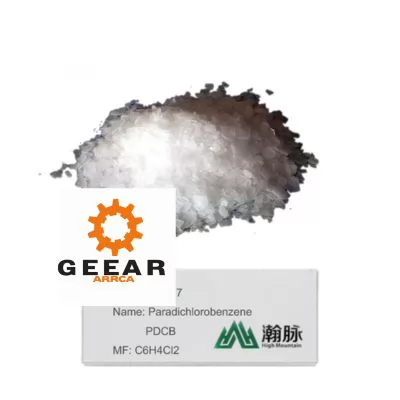
In addition to conventional air fresheners and ventilation, there are also some practical odor treatment techniques and methods that can help effectively reduce the concentration of paradichlorobenzene odor and improve indoor air quality:
Use an adsorbent specifically designed to adsorb volatile organic compounds (VOCs), such as activated carbon, alumina, or silica gel. These adsorbents have high adsorption capacity and can effectively adsorb and remove paradichlorobenzene odor from the air.
Maintaining proper air humidity can also help control paradichlorobenzene odor. Too high or too low air humidity may cause odor diffusion or odor stagnation, so adjusting the humidity level of indoor air through methods such as humidification or dehumidification can help reduce odor concentration and improve air quality.
In certain situations, such as odor leaks or accidents, it is crucial to promptly locate the odor source and take measures to prevent the spread of the odor. The specific source of the odor can be determined through careful inspection and investigation, and appropriate countermeasures can be taken immediately, such as blocking leaks, replacing contaminated materials, etc., to prevent further spread and impact of the odor.
Indoor plants can absorb harmful gases and improve air quality. Appropriately adding some indoor plants with good adsorption capacity, such as spider plants, ivy, etc., can help purify the air and reduce the concentration of paradichlorobenzene odor.
In addition to dealing with existing odor problems, you can also take some preventive measures in daily life to reduce the incidence of paradichlorobenzene odor problems and protect the health and safety of your family:
When shopping for cleaning supplies, cosmetics, building materials, and other products, try to choose odorless or low-volatility products. Avoiding products with strong odors can reduce the impact of paradichlorobenzene odor on indoor air quality.
Chemicals containing paradichlorobenzene, such as mothballs, should be stored properly and away from children and pets. Avoid storing these chemicals in high temperature or humid environments to prevent evaporation and leakage.
Clean the home environment regularly, especially floors, furniture surfaces and other places where dust and odors tend to accumulate. Maintaining good indoor ventilation is also very important. By regularly opening windows for ventilation, harmful indoor gases can be effectively discharged and the air kept fresh.
For situations where windows need to be closed for extended periods of time, or indoor air quality is poor, consider using an indoor air purifier. Air purifiers can filter harmful substances in the air, purify the air, and improve indoor environmental quality.
High Mountain specializes in the production of high-quality paradichlorobenzene and is the backbone of various industries such as pharmaceuticals, agricultural chemicals, and specialty chemicals. As China's leading chemicals manufacturer, we prioritize sustainability, quality control and cutting-edge technology. Our paradichlorobenzenes are synthesized under strict regulations ensuring they meet the highest international standards. Partnering with High Mountain to gain a competitive advantage through high-quality raw materials helps increase the effectiveness and efficiency of the production process.


